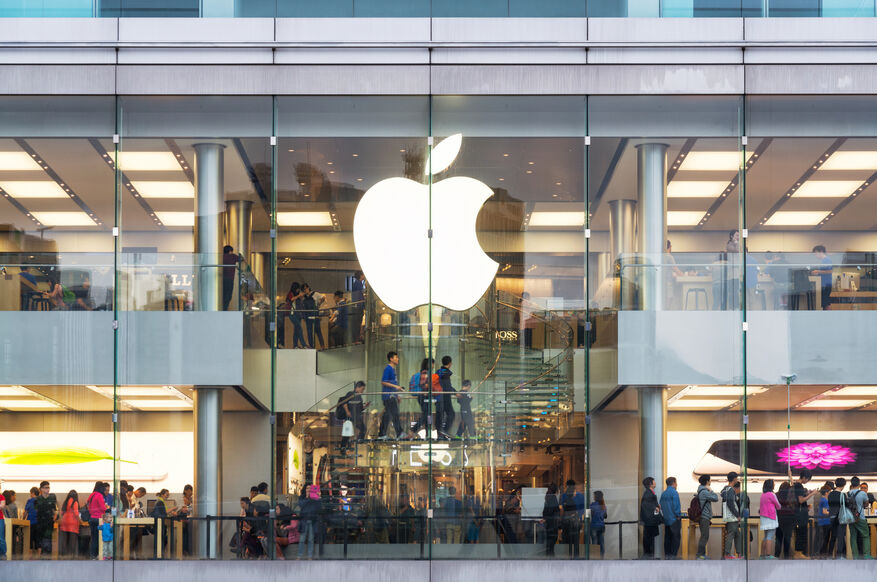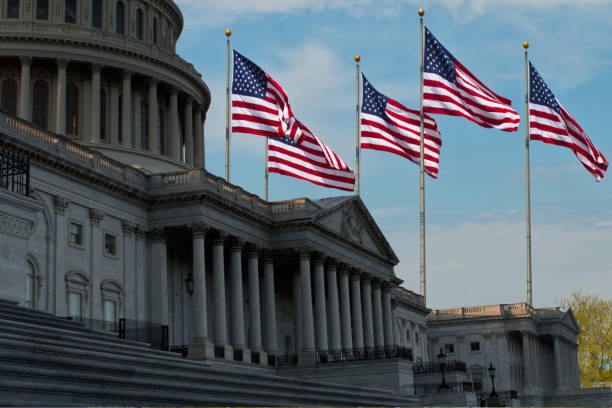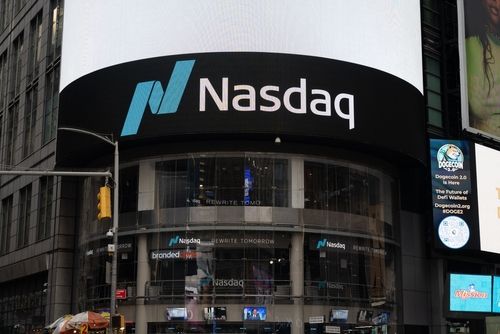Mexico to raise tariffs on cars from China to 50% in major overhaul

By Ana Isabel Martinez and Adriana Barrera
MEXICO CITY, Sept 10 (Reuters) - Mexico said on Wednesday it will raise tariffs on automobiles from China and other Asian countries to 50%, in a broad overhaul of import levies the government said would protect jobs and analysts said was aimed at placating the United States.
The Economy Ministry said the moves, which will increase tariffs to varying degrees on goods across multiple sectors including textiles, steel and automotive, would impact $52 billion of imports.
"They already have tariffs," Economy Minister Marcelo Ebrard told reporters when asked about the import levies on Chinese cars, which are currently 20%. "What we will do is raise them to the maximum level allowed.
"Without a certain level of protection, you almost can't compete," he added.
Ebrard said the measures, which come just within limits imposed by the World Trade Organization, were intended to protect jobs in Mexico as Chinese cars were entering the local market "below what we call reference prices."
The plan still needs to be approved by Congress, where the government holds a significant majority.
The tariffs will impact countries that do not have trade deals with Mexico, especially China, South Korea, India, Indonesia, Russia, Thailand and Turkey, the Economy Ministry said in a document.
The plan will impact 8.6% of all imports, the document said, and will protect 325,000 industrial and manufacturing jobs that were at risk.
The measures also include a 35% tariff on steel, toys and motorcycles. Textiles will see levies between 10% and 50%.
The move comes as the United States pushes countries in Latin America to limit their economic ties with China, with which it competes for influence in the region.
"The U.S. is not going to allow China to use Mexico as a backdoor," said Mariana Campero of the CSIS Americas Program, adding that Mexico has doubled its trade deficit with China in the last decade, hitting $120 billion last year.
Ebrard had earlier this year spoken against tariff measures, saying they were at odds with economic growth and keeping inflation down.
RESPONDING TO U.S. PRESSURE
Banco BASE analyst Gabriela Siller said the tariffs would likely boost demand for Chinese vehicles in the very short-term.
"Tariffs on countries with which Mexico does not have trade agreements have two objectives," she said on social media. "First, more revenue and second, to look good to Trump."
John Price, managing director at Americas Market Intelligence, said that Mexico, which exports many of its own vehicles to the United States, is responding to U.S. pressure while trying to protect its economy.
"The Mexicans are trying to placate the Americans, but protect their industrial policy that's worked so well for them over the last 30 years," he said after the government announced it was looking to raise an additional $3.76 billion in tariff measures next year.
The United States and Mexico, which share a free trade agreement along with Canada, are each other's top trade partners. The agreement, which has spared Mexico the brunt of much of the tariffs from U.S. President Donald Trump's administration, is set for review next year.





